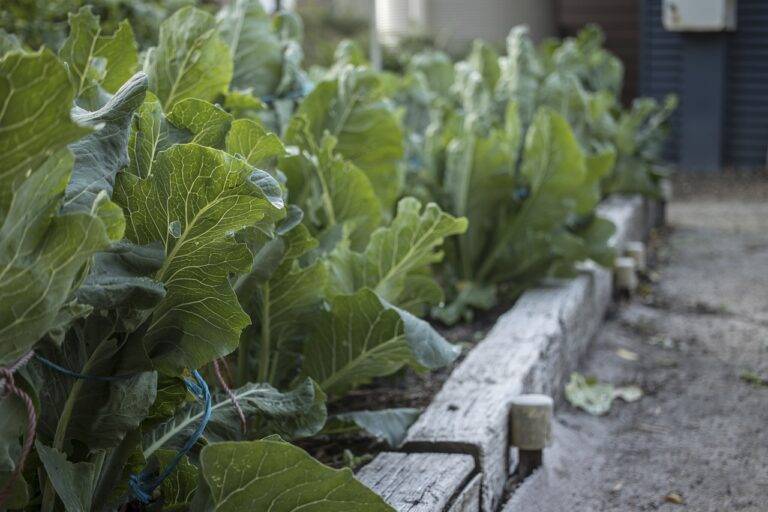Upgrading Your Home’s Insulation: What to Consider
When considering upgrading your home’s insulation, it is important to first assess the current condition of your insulation. Look for any signs of wear and tear, such as gaps, drafts, or moisture buildup. These issues can lead to energy loss and decreased efficiency in regulating your home’s temperature. Conduct a thorough inspection to identify areas that may need attention.
Another key consideration is to determine the type of insulation that will best suit your home’s needs. Factors such as the climate in your region, the age of your home, and your budget will all play a role in this decision. Research different types of insulation, such as fiberglass, cellulose, or spray foam, to understand their benefits and drawbacks. Consulting with a professional insulation contractor can also provide valuable insight into the most suitable option for your specific circumstances.
Assessing Your Current Insulation Needs
One important step in improving your home’s energy efficiency is to assess your current insulation needs. Insulation plays a critical role in maintaining comfortable indoor temperatures and reducing energy costs. By evaluating the condition and effectiveness of your current insulation, you can identify areas that may need improvement or reinforcement.
Start by inspecting the insulation in your walls, ceilings, and floors. Look for signs of damage, settling, or moisture intrusion that may compromise its performance. Additionally, consider the insulation levels in different areas of your home to determine if they meet recommended standards for your region. By taking stock of your current insulation situation, you can make informed decisions about upgrading or adding insulation to enhance the comfort and efficiency of your living space.
How do I know if my current insulation needs upgrading?
You can assess your current insulation needs by checking for drafts, uneven temperatures in different rooms, high energy bills, and the age of your current insulation.
What are key considerations before upgrading my home’s insulation?
Before upgrading your home’s insulation, consider factors such as the climate you live in, the age and condition of your current insulation, your budget, and any potential rebates or incentives for upgrading.
How can I determine the best type of insulation for my home?
The best type of insulation for your home will depend on factors such as your budget, the climate you live in, and the area of your home that needs insulation. Consider consulting with a professional to determine the best option for your specific needs.
Will upgrading my home’s insulation save me money on energy bills?
Yes, upgrading your home’s insulation can help reduce your energy bills by improving the efficiency of your heating and cooling systems. Insulation helps to keep your home at a more consistent temperature, reducing the need for excessive heating or cooling.
How often should I assess my home’s insulation needs?
It’s a good idea to assess your home’s insulation needs at least every few years to ensure that your insulation is still performing effectively. Additionally, if you notice any signs of drafts, uneven temperatures, or increased energy bills, it may be time to reassess your insulation.





